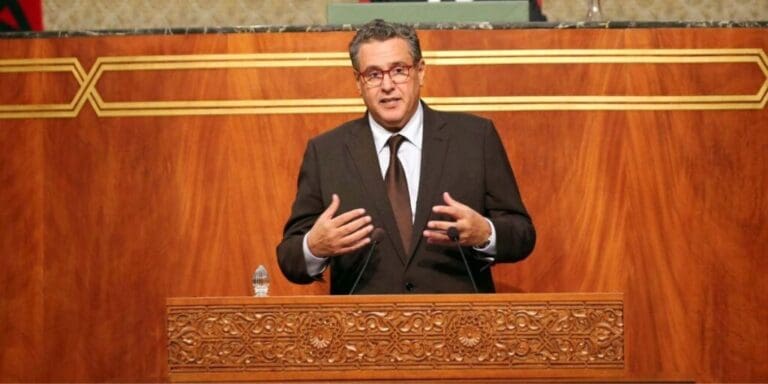Prime Minister Aziz Akhannouch highlighted the charter’s impact on the National Investment Commission, leading to a tenfold increase in approved industrial projects compared to the previous period. The charter’s streamlined procedures, reduced bureaucracy, and attractive incentives have made Morocco an increasingly attractive destination for both domestic and international investors.
The government is prioritizing investment in strategic sectors such as electronics, automotive, aviation, artificial Intelligence, renewable Energy, green Hydrogen, biotechnology.
To further stimulate growth, the government is streamlining administrative processes, digitizing procedures, and empowering regional investment centers. Additionally, there’s a strong focus on supporting small and medium-sized enterprises (SMEs) to foster job creation and economic dynamism.
Morocco’s commitment to renewable energy and digital transformation is evident in its ambitious “Maroc Digital 2030” strategy, which aims to create hundreds of thousands of jobs in the tech sector. By leveraging its strategic location, skilled workforce, and supportive government policies, Morocco is well-positioned to become a leading industrial hub in North Africa and beyond.
MK/te/Sf/fss/abj/APA


